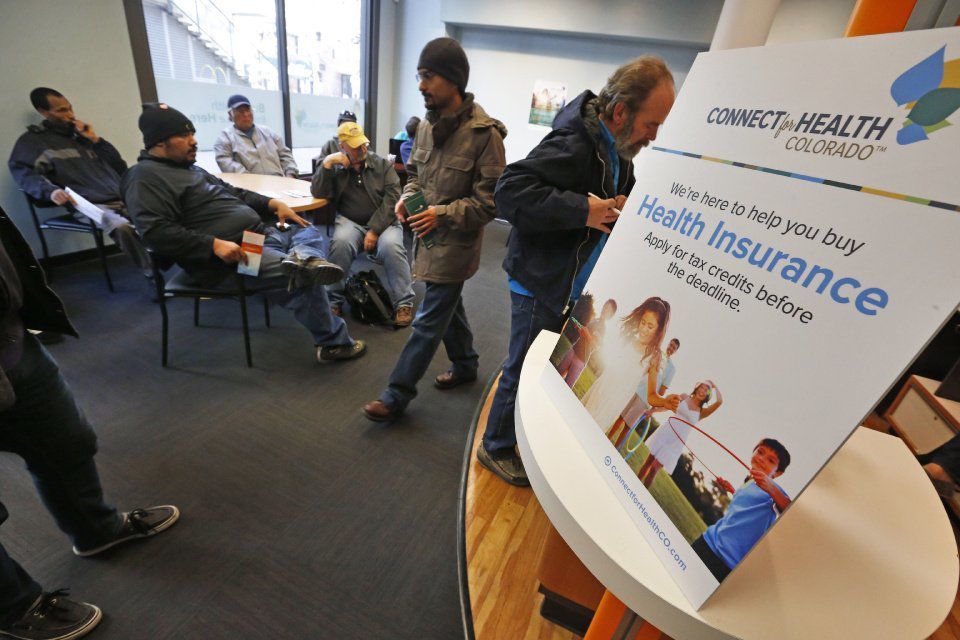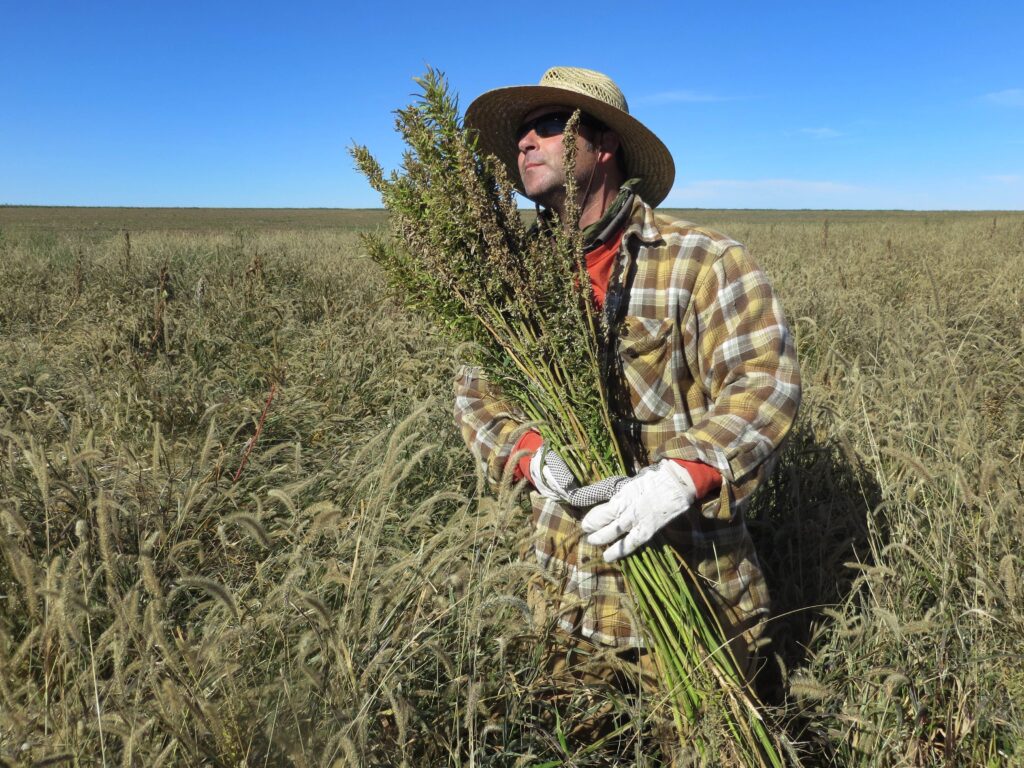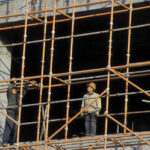Four CO counties to provide bilingual ballots
Four more Colorado counties have been told to help voters with bilingual issues, while another county no longer has to offer election materials in English and Spanish, the Colorado Secretary of State‘s office announced in a news release.
The U.S. Census Bureau, on Monday, Dec. 5, identified which political subdivisions nationwide must “provide language assistance during elections for groups of citizens who are unable to speak or understand English adequately enough to participate in the electoral process.” The jurisdictions are subject to the minority language provision of Section 203 of the Voting Rights Act.
Following the 2010 census, Denver, Costilla and Rio Grande counties were required to offer election materials in English and Spanish. In the latest ruling, Conejos and Saguache counties join Denver and Costilla while Rio Grande no longer falls under the dual language requirement.
In addition, La Plata and Montezuma counties must provide Ute language assistance.
La Plata County Clerk Tiffany Parker said officials plan to reach out to the Southern Ute and Ute Mountain Ute tribes.
“We will do what we need to do, but this is really surprising,” Parker said in the release.
She explained that when she began work at the clerk and recorder’s office in 2005, they already were under an order about the Ute language. The clerk had a Ute translator on standby but never had a request for the translator’s services, she said. After the 2010 census, La Plata was no longer included in counties that needed to provide language assistance.
Rio Grande Clerk Cindy Hill was never certain why her county was included in the bilingual requirement. She told Secretary of State Wayne Williams during his visit to Del Norte last year that a number of people with Hispanic surnames in the county do not speak Spanish.
Saguache County was under the bilingual requirement before the 2010 census. Williams oversaw a recall election in the county in 2012 when he was the El Paso County clerk and recorder. Although not required to do so, Saguache used bilingual ballots for that election.
Denver has printed bilingual ballots since 2002, said Elections Director Amber McReynolds. Some voters have asked why they can’t get just an English or a Spanish ballot because it would be easier to read. In addition, she said, it would save printing costs.
“It’s always good to evaluate how we’re delivering bilingual services,” McReynolds added.












